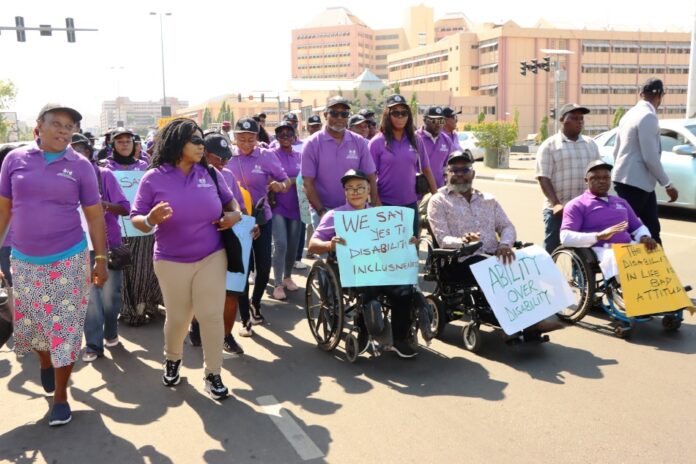CDS proposes Borno military-supervised security model to protect Benue locals

The Chief of Defence Staff (CDS), General Christopher Gwabin Musa, has called for the immediate training and deployment of credible youths across Benue State as local vigilantes to assist in defending communities from escalating terrorist attacks.
Speaking during a high-level security engagement with stakeholders and top military officers in Makurdi, General Musa advocated for the replication of the successful Borno State model, where young, trustworthy individuals were trained and armed under the close supervision of the military to serve as a frontline defense against insurgents.
“The security threats facing Benue require community-based solutions backed by structured military oversight. What worked in Borno—training committed youths as vigilantes—should now be adopted in Benue. This approach enhances local intelligence gathering and builds resilience against attacks,” General Musa stated.
READ ALSO: Court Delays Arraignment Sen. Natasha Akpoti-Uduaghan In Defamation Case to 30th
He emphasized that these vigilante groups would not operate independently but would be coordinated and managed directly by the Nigerian Armed Forces to ensure discipline, professionalism, and lawful conduct.
Benue State has continued to witness repeated attacks on rural communities, leading to widespread displacement and insecurity. General Musa assured residents that the military remains committed to restoring peace and will continue to explore every strategic measure to protect lives and property.
He also urged traditional leaders, community elders, and local government authorities to identify credible young men and women who can undergo military-led security training and take part in this collaborative defense initiative.
The proposal has already begun generating support from civil society groups and local leaders, many of whom see it as a pragmatic response to the state’s deepening security crisis.
General Musa reiterated the armed forces’ resolve to act decisively, but stressed that lasting peace in Benue and other flashpoints requires active community participation, especially in intelligence gathering and early-warning efforts.










